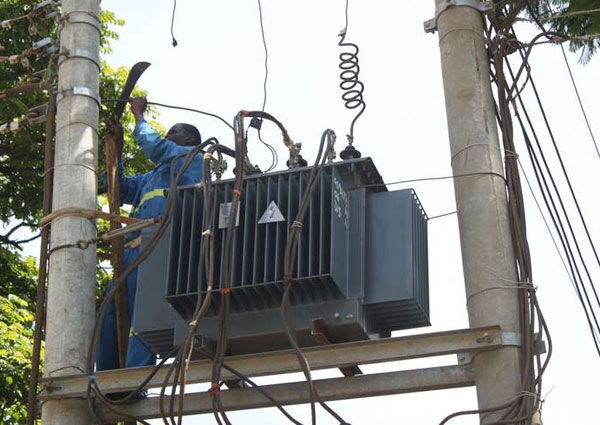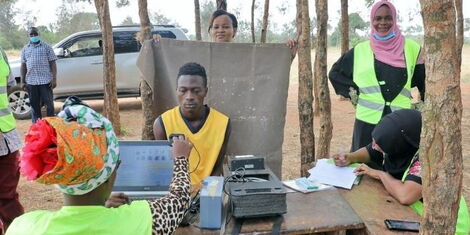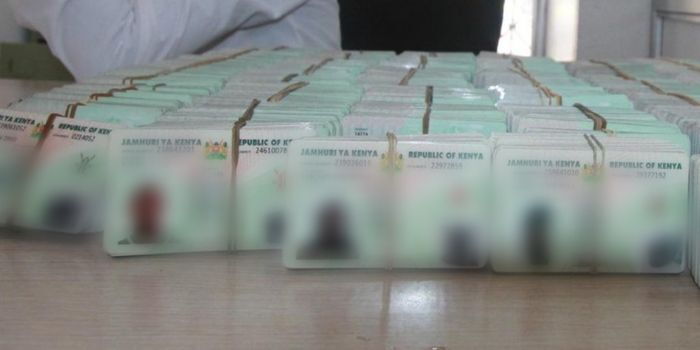
In a dramatic showdown that lays bare the audacity of energy theft in Kenya, the Directorate of Criminal Investigations (DCI) has apprehended a syndicate mastermind known only as “Senator.” The syndicate’s illicit electricity operation, operating secretly beneath rural landscapes, inflicted losses exceeding Ksh110 million on Kenya Power. The arrest marks a critical escalation in the fight against sophisticated power fraud schemes.
Detectives, working in tandem with Kenya Power and Lighting Company (KPLC), moved swiftly on Sunday in Igembe North and South, Meru County. Their target: Japhet Kirimi, alias Senator, along with an accomplice implicated in constructing a clandestine underground network that siphoned electricity off the official KPLC grid.

The illicit system fueled over 21 unmetered borehole pumps—providing water to miraa farming operations across Mpinda village and neighboring communities including Kabuitu, Kanyakine, Muthucine, and Mangala. By evading meters, the syndicate left KPLC blind to their power use and ripping off the company across a period of four years.
Investigations reveal the financial toll was staggering: revenue losses from the unmetered electricity supply reached approximately Ksh90.7 million, while the destruction of 14 transformers to the tune of Ksh21 million drove total costs to an estimated Ksh110.7 million.
The suspects are now in custody, undergoing processing as formal court proceedings loom.
Behind the Heist: A Deeply Rooted Scheme Compromising Energy Integrity
- Elaborate Underground Network: The syndicate’s hidden grid highlights an alarming level of technical planning—tapping into Kenya Power’s supply lines without detection.
- Agriculture Meets Crime: By powering miraa farms with stolen electricity, the operation blurred lines between subsistence livelihoods and criminal enterprise.
- Infrastructure Sabotage: The forced takeover of transformers disrupted service and set back KPLC’s efforts in maintaining a stable national grid.
- Long-Term Collusion Suspected: The multi-year success of the scheme implies possible insider assistance or willful negligence—raising urgent questions within KPLC and regional authorities.







